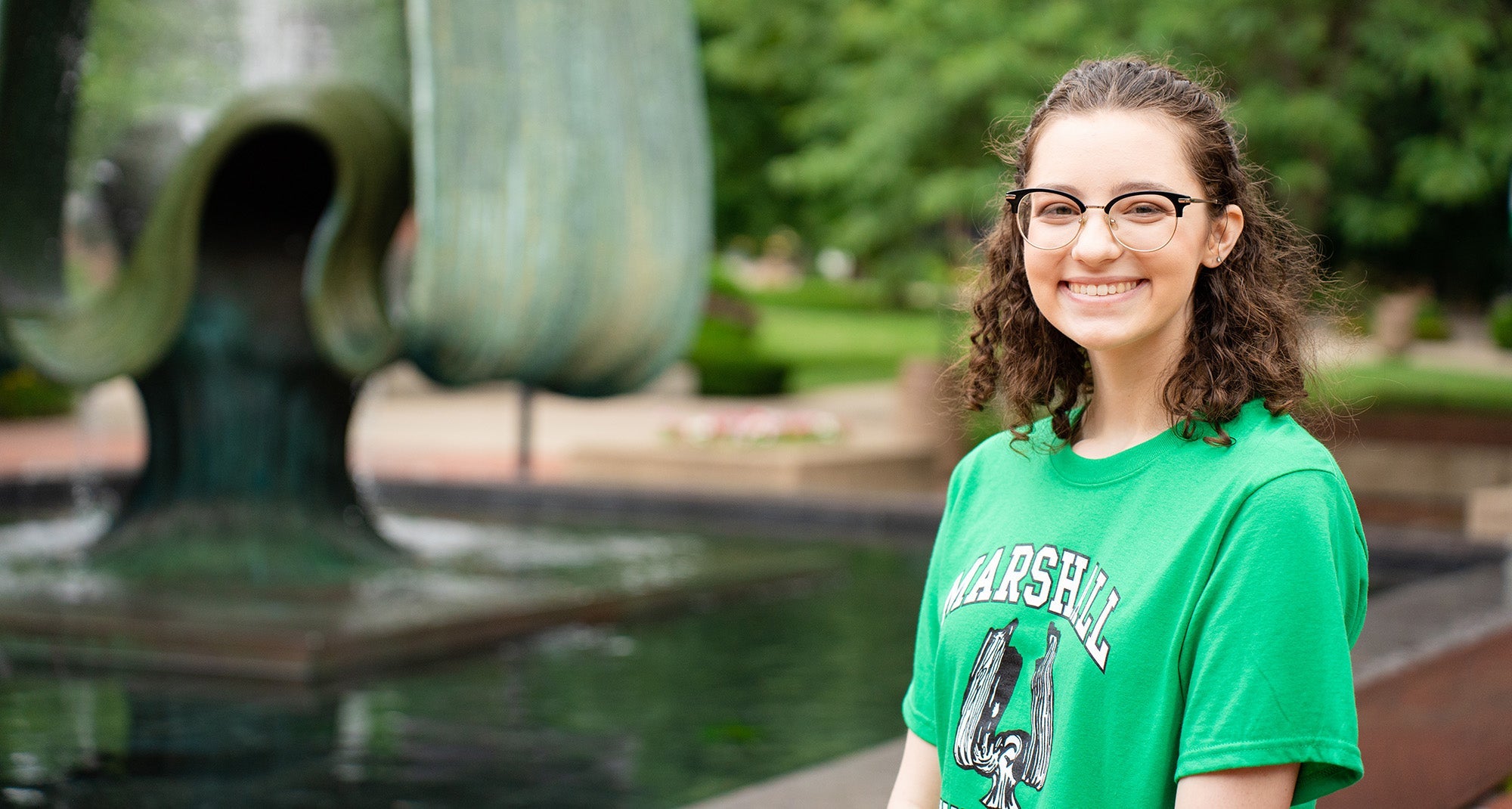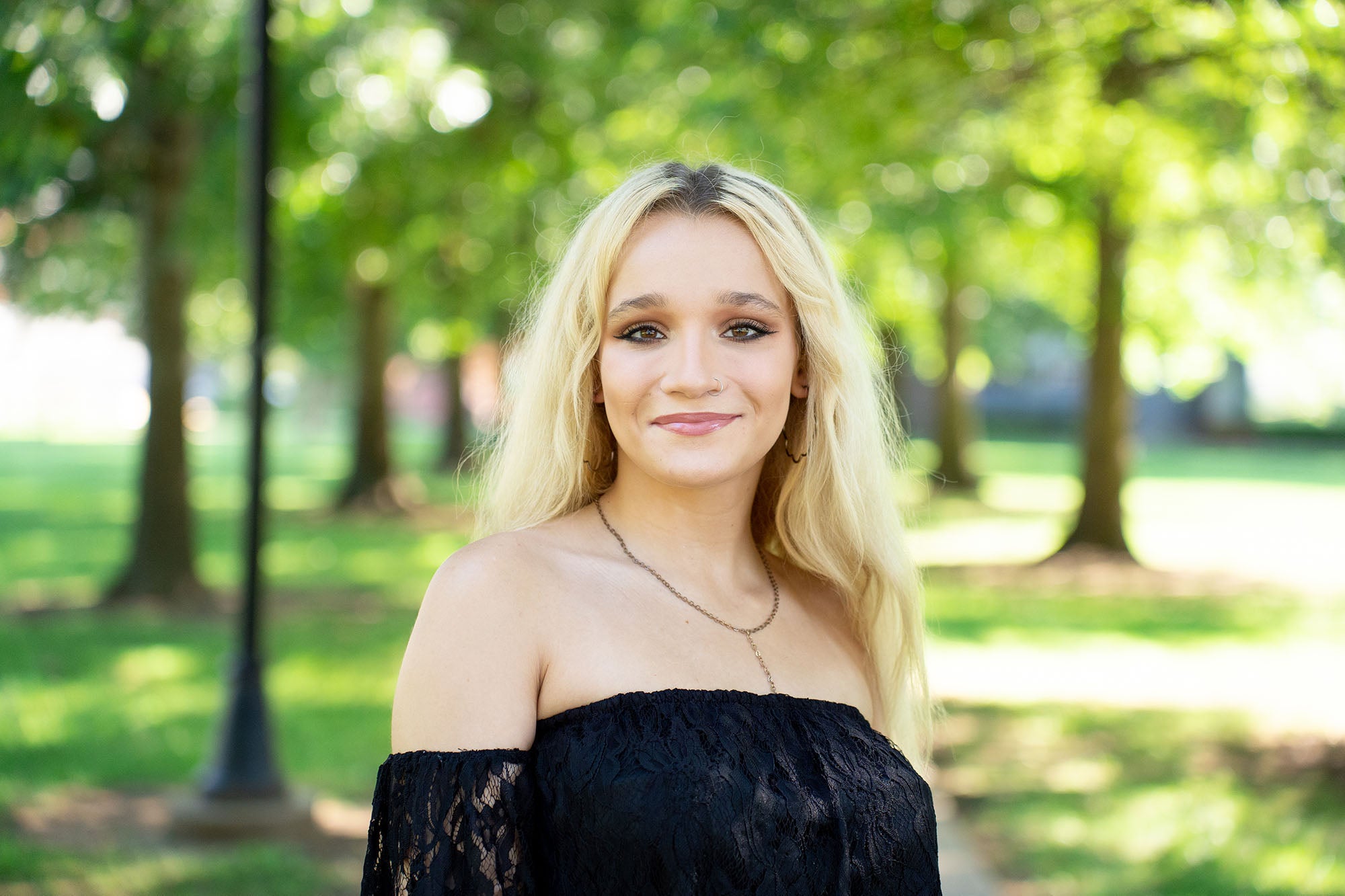
Psychology Department

Psychology is the scientific study of human cognition, affect, behavior and relationships. Psychologists seek to understand, predict, and influence behavior in a variety of ways, including through research, education, counseling, and psychotherapy.
A vibrant and diverse faculty provide great students like you an expansive knowledge in the fields of psychology, preparing you to be the next generation of great psychologists. Our faculty are active and productive scholars to ensure that the techniques and lessons our students are learning are up-to-date and on par with any psychology department in the region and country.
The department of psychology is committed to diversity, equity, social justice and respect for all and encourages a supportive learning environment.

This major consists of a strong core of classes across the major disciplines of Psychology and a strong foundation in the Liberal Arts. In addition to the required 36 hours of Psychology coursework, majors will learn critical thinking and will develop a strong base of knowledge and writing skills across a variety of areas. Those who select this major often go directly into the job market after their undergraduate degree is conferred or go on to graduate school in a variety of disciplines such as psychology, law, and business.
This major has the same core foundational courses as the BA but students are encouraged to take specific coursework to strengthen their foundations in science and math. They also trade some of the foundational Liberal Arts courses for science and mathematics courses in other areas. This major is brand new and prepares students to continue their studies in clinical or research-focused areas of psychology in graduate school and also is a good major for those considering medical school or advanced degrees in research areas such as the neurosciences. Entrance into other areas may require additional pre-requisite coursework so students in this major with interests outside of psychology are encouraged to consult with appropriate advising to remain on track.
This option is for junior psychology majors with a grade point average of at least 3.30. Students in this program have access to graduate coursework at the undergraduate level. Admission is by application and you can learn more at the Program tab.
M.A., General Psychology
This program provides advanced coursework in psychology for those intending to go on for doctorates or those looking to develop a strong behavioral science background for work in other disciplines.
This is a competitive admission program that is accredited by the American Psychological Association and prepares students to work with populations that are in rural areas or are otherwise marginalized and subject to negative impacts of the Social Determinants of Health. The program has a strong focus in rural practice but ultimately prepares generalist practitioners for work in a variety of settings.
Graduate Certificate in Behavioral Statistics
Psychology and behavioral research are based, in part, upon the assumption of an orderly analysis of empirical data. Within psychology, behavioral statistics offer the foundation for discovery and advancement of the profession and provide the support for the demonstrability of treatment programs and other forms of psychological intervention. The Graduate Certificate in Behavioral Statistics offers a comprehensive array of statistical tools and analyses that will enable those who complete the certificate both private and public sector opportunity. The certificate represents a balance between the large sample parametric statistics of experimental design [ANOVA] and regression and the areas of nonparametric and small or single subject design.
Clinical Psychology Post-Master’s Certificate
The Clinical Psychology certificate consists of 45 credit hours of clinical coursework and supervised clinical experience. It is designed to prepare graduates for master’s degree level clinical roles within professional psychology. Any student who is fully admitted to the Psychology M.A. program may apply for admission to the clinical psychology post-master’s certificate. It is important to note that students in the clinical area of emphasis must complete the entire track to receive any letters of support or other indication from individual faculty members, the department or the university that the student has achieved appropriate competence in the skills or knowledge bases associated with master’s level clinical training, and such students must complete the entire sequence for the Clinical Psychology Area of Emphasis to appear on their transcripts.
The Marshall University Psychology Clinic, established by the Department of Psychology, serves as a training facility for graduate students enrolled in the Clinical Psychology program. The Clinic also provides high quality, low cost psychological services to individuals on campus and throughout the local community.
The clinic offers care in:
- Psychotherapy
- Psychological Assessment
- Group Psychotherapy
- Education Workshops & Other Events
Appointments may be made by calling 304-696-2772. The facility is located in Harris Hall 335-A.

As professional psychologists, the faculty of the Department of Psychology at Marshall University are guided by the Ethical Guidelines of the American Psychological Association and Code of Conduct.
In our professional roles, we work for the benefit of others and take care to do no harm. We take seriously our obligation to our students as teachers, advisors, and mentors. To that end, we provide information that is empirically grounded while also encouraging critical thought and engagement to carry the knowledge of the field further. “ We recognize the richness of human experiences, and we respect and believe passionately in safeguarding the welfare and rights of all individuals embracing the full spectrum of perspectives, backgrounds, and identities that shape human thought and behavior.”
We work to earn and maintain the trust of those we serve and fulfill our teaching, scholarly and service responsibilities to the University and citizens of the great state of West Virginia, as well as the larger global community. As a science that affirms the need to understand and appreciate individual differences in the context of human common factors, we respect and observe nondiscrimination as to human characteristics and lived realities, including those based on age, gender, gender identity, race, ethnicity, culture, national origin, religion, sexual orientation, disability, language, and socioeconomic status, and believe that creating a science that includes and provides equitable opportunity for all leads to the most truthful understanding of human nature. We are also zealously committed to the concepts of fairness and justice because all people can learn about and benefit from the contributions of psychology as a science of thought and behavior. In all things, we respect the dignity, worth, and lived experiences of the people we encounter and respect their rights to privacy, confidentiality, and self-determination. We are dedicated to fostering an environment where all individuals are valued and empowered to contribute to the field of psychology. As such, we include these factors when working with others in our capacity as educators, scientists, and service professionals. (Adapted from https://www.apa.org/ethics/code/ethics-code-2017.pdf)

